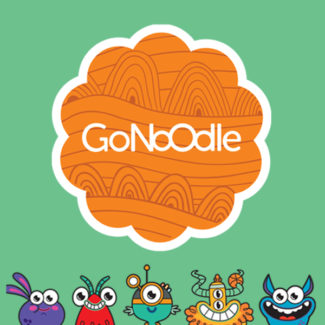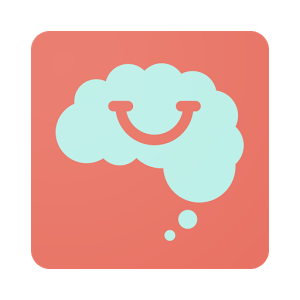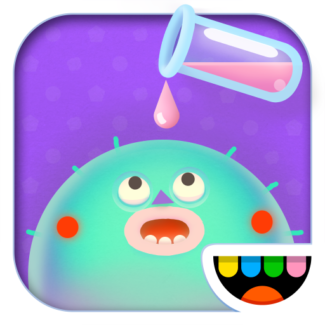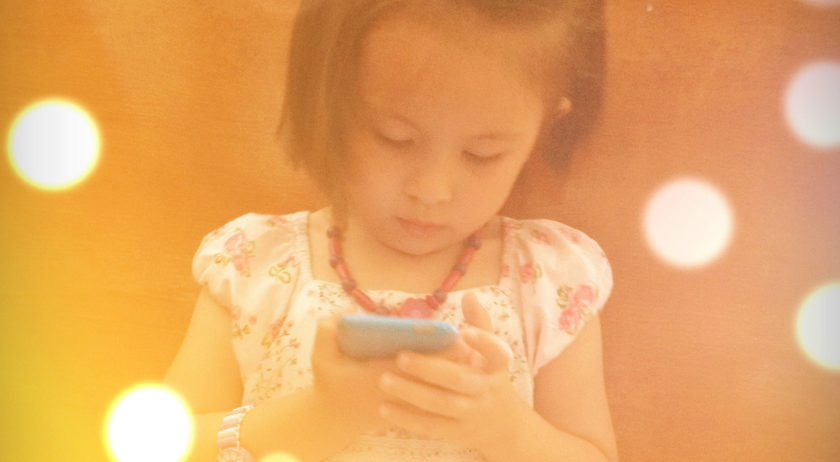ADHD presents a multitude of symptoms and strengths, giving each individual child affected by ADHD different characteristics. Experts estimate that there are as many as 250,000 possible varieties of ADHD based upon current DSM-V symptoms. While this suggests that every child diagnosed with ADHD is unique, one useful approach to helping all kids with ADHD is to target individual areas of weakness and develop a plan to build these skills. Our experience at LearningWorks for Kids is that assessing a child’s executive-functioning skills and creating a plan of accommodations, skill development, and support to address identified executive dysfunctions is the best approach for most kids with ADHD.
Twenty-first century technologies offer some of the most powerful tools to support and train weak executive-functioning skills. Many of the tools that kids need to help them with executive-functioning skills such as planning, organization, working memory, focus, and self-control can be found in the palms of their hands. Loading your kids’ smartphones with apps that build these skills, and spending time playing them and talking about them together, can be very helpful (not only for kids with ADHD, but for adults, too).
An app doesn’t need to be designed specifically for kids with ADHD to be helpful. Most games and apps exercise the same executive function skills affected by ADHD, which makes them effective tools for strengthening these skills. So what are the best new apps that improve skills in children with ADHD? Here are a few that we at LW4K recommend:

GoNoodle: Especially popular in classroom settings, GoNoodle is a good way to allow your child to take a break and move around. Exercise improves focus and self-control, particularly in kids with ADHD, and physical activity can even help make the material studied afterward stick. With its mix of gamification and videos that guide kids through mental and physical exercises, GoNoodle makes it fun to exercise focus, flexibility, self-control, and working memory.

Smiling Mind: Kids as young as 7 can benefit from the mindfulness practice offered by Smiling Mind. Designed to help kids stop and exist in the moment, the app is perfect for helping kids with ADHD slow down, focus and reflect. Smiling Mind can help children develop meditation skills as they build the focus, self-awareness, and self-control that can help them be successful in every aspect of their lives.
![]() Cove (Music Journal): Cove is a journaling app that encourages kids to express themselves without the pressure of coming up with the words. Users compose songs visually, one layer at a time–a relaxing and reflective method the results in creations that echo their feelings even when they don’t know what those feelings are at first. Cove allows your child with ADHD to develop emotional literacy while exercising organization and self-awareness.
Cove (Music Journal): Cove is a journaling app that encourages kids to express themselves without the pressure of coming up with the words. Users compose songs visually, one layer at a time–a relaxing and reflective method the results in creations that echo their feelings even when they don’t know what those feelings are at first. Cove allows your child with ADHD to develop emotional literacy while exercising organization and self-awareness.
 Toca Lab: Elements: A science education app that allows kids to experiment with and discover elements from the periodic table, Toca Lab: Elements makes learning about the scientific method fun. Especially helpful for immersing younger kids in STEM, Toca Lab: Elements is fun for all ages (even adults). Kids get flexibility, focus, and working memory practice as they poke, squeeze, burn, and freeze elements to make new ones.
Toca Lab: Elements: A science education app that allows kids to experiment with and discover elements from the periodic table, Toca Lab: Elements makes learning about the scientific method fun. Especially helpful for immersing younger kids in STEM, Toca Lab: Elements is fun for all ages (even adults). Kids get flexibility, focus, and working memory practice as they poke, squeeze, burn, and freeze elements to make new ones.
For more apps and games that address traditional problem areas for kids with ADHD, see our Playbook library.
Featured image: Flickr user Susana Fernandez




